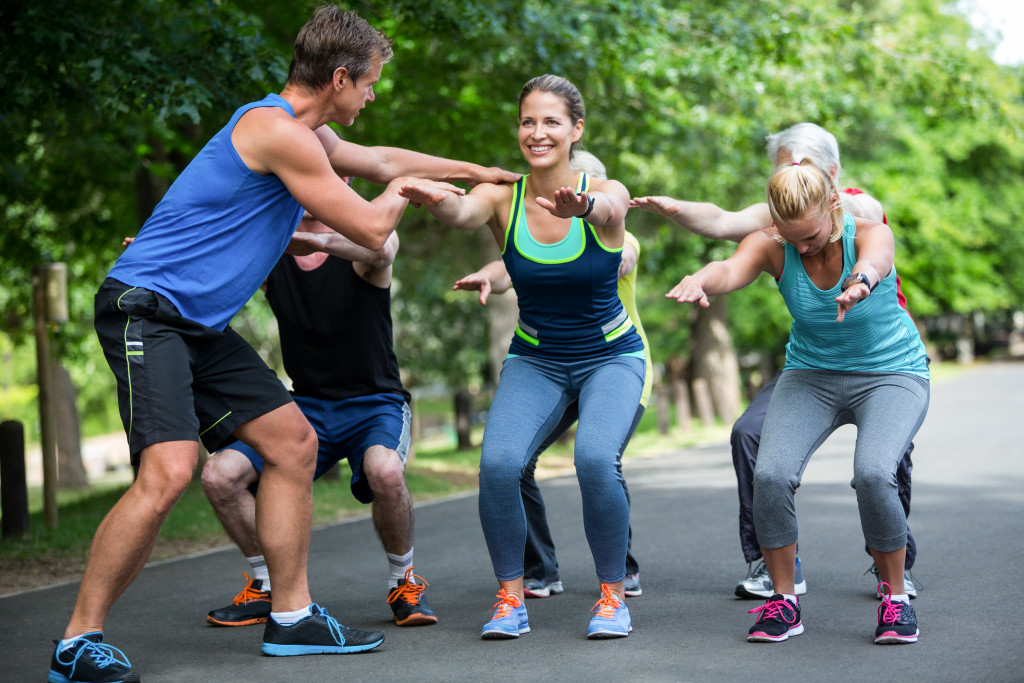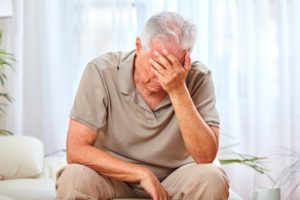The pandemic that’s kept most of us in our homes for the better part of a year has put not just our physical health at risk but our mental health as well. During the monotony and repetitiveness of the days in quarantine, we may not have noticed some bad habits we’ve formed that can be detrimental to our health.
Poor nutrition due to unhealthy eating habits, not getting enough sleep, and minimal physical activity can lead to long-term consequences. Catching yourself and course-correcting these habits early in the game not only makes breaking the cycle easier but will also lessen their adverse side effects.
As we transition into the new normal, consciously making sure to get back to our healthy habits and lifestyle will make the transition easier and help us feel better overall in the long run. The results of isolation have led to most people experiencing unwanted weight loss or weight gain, restlessness, fatigue, anxiety, uneasiness, and in severe cases, even depression.
Looking at the bigger picture, we see that habits or exercises that focus on the mind or body correlate. As the world starts to open up again, it’s natural for us to want to get back out there and have some fun. Here are just some ways we can prepare ourselves for the new normal.
Nutrition

Fresh produce, whole foods, and other healthy food items quickly became scarce during the pandemic. As demand increased and logistical issues arose, getting your hands on a good selection of fruits and vegetables at your local grocery store became next to impossible. Due to this, food delivery services became an essential part of the pandemic experience. Getting your food delivered saved you the time and energy to shop or cook your meals.
However, making meals at home meant that you were aware of every ingredient that went into your food. Processed items and fast food, while both convenient, are often high in sodium and low on beneficial nutrients. The best practice, in this case, is moderation. These delicious and convenient meals are understandably hard to cut out, but alternating them with healthier alternatives balances out your diet.
Exercise
If you spent most of your quarantine in a small apartment or even a two-bedroom house with not a lot of space, then physical activity probably wasn’t as easily accessible as it was before. In the new normal, gyms and parks have slowly started to open up again, and safety protocols have begun to be lifted. Prioritizing exercise and staying active benefits both your mental and physical health. A regular exercise regimen has been shown to impact ADHD, anxiety, stress, and depression positively.
Physical activity also helps with sleep. Being stuck in your chair and working all day can lead to you going to bed with a surplus of energy, which isn’t conducive to a good night’s sleep. There are numerous ways you can work out at home with minimal equipment or even by just using your body weight. Exercises like hiking, jogging, running, or cycling are also great ideas as it gets you outside for some much-needed fresh air.
Sleep
Getting enough sleep is an essential part of your health. Studies show that adults ages 18-60 require more than seven hours of sleep per night to feel rested and energized for the next day. Getting enough shut-eye helps boost your immune system, which means you lessen your chances of getting sick. Adequate rest also helps regulate your weight and even lowers your chances for serious health concerns like heart disease and diabetes. Sleep even contributes to your overall mood. Being well-rested translates to better socialization with your friends and family.
Socialization
Establishing and nurturing your relationships with your friends and family is another essential part of enjoying life in the new normal. Setting aside the time to talk through your worries and share your experiences with trusted confidants helps take the load off of your shoulders.
Another way socialization plays an integral part in your mental health can be through therapy. These uncertain times can bring up many internal issues that are best talked through with a professional. Local support groups near you can also be a great source of healthy and constructive socialization.
Those who have lost a loved one due to the pandemic, discussions between recovering addicts, breast cancer survivors’ communities, and brain injury survivor support groups have all served to build communities that bring people together in times of need.
The journey to feeling your best in the new normal is a road paved with a commitment to healthy habits for both your mind and body. It’s an active and conscious decision to choose healthier alternatives and hold yourself accountable for your bad habits. In the new normal, getting back to an excellent state of mind and body is a matter of taking that first step to better choices.





